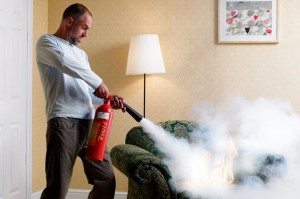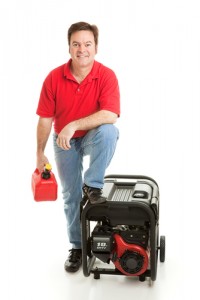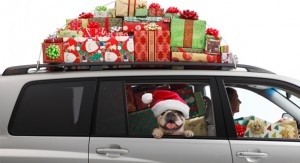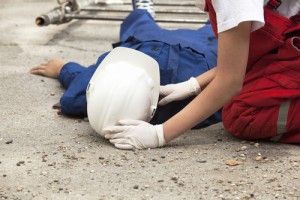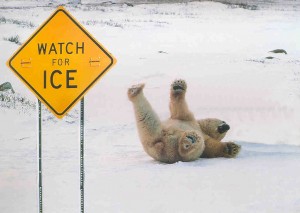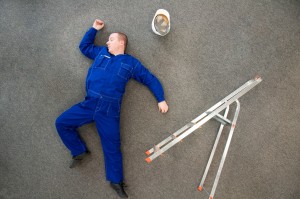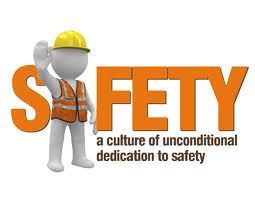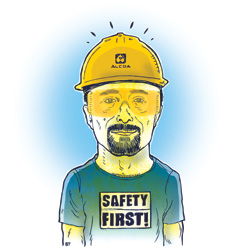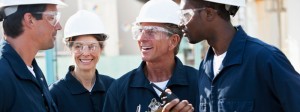 Routine work can dull alertness and a relaxed attitude can replace the caution that existed when the job was new and interesting. In many jobs the same route is traveled daily over the same roads or the same tasks are repeated with little conscious thought. Without some periodic reawakening to the ever-present hazards, lethargy deepens and the odds of an accident occurring can increase.
Routine work can dull alertness and a relaxed attitude can replace the caution that existed when the job was new and interesting. In many jobs the same route is traveled daily over the same roads or the same tasks are repeated with little conscious thought. Without some periodic reawakening to the ever-present hazards, lethargy deepens and the odds of an accident occurring can increase.
Workers may not always recognize the importance of safety training or think of it as unnecessary because they’ve “been doing it for years.” But an important benefit of periodic safety training is the reminder that a danger can exist and the no one is immune to accidents. Therefore, it is important for workers to understand the purpose of the training session, why it will be useful to them, and what can result from not following safety rules and procedures.

